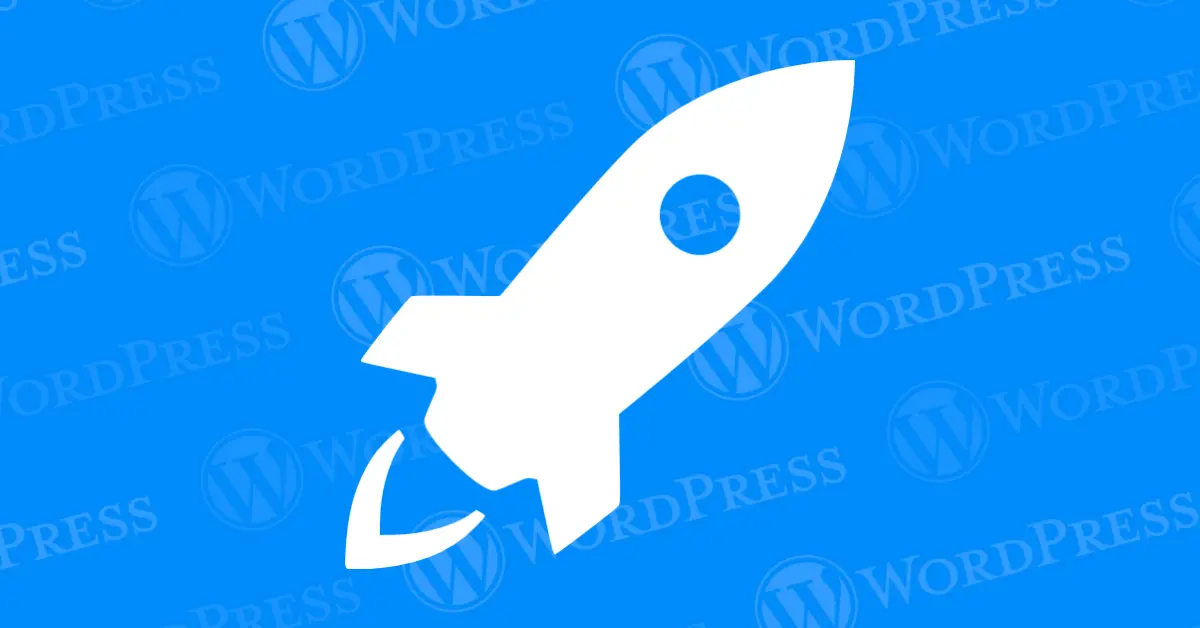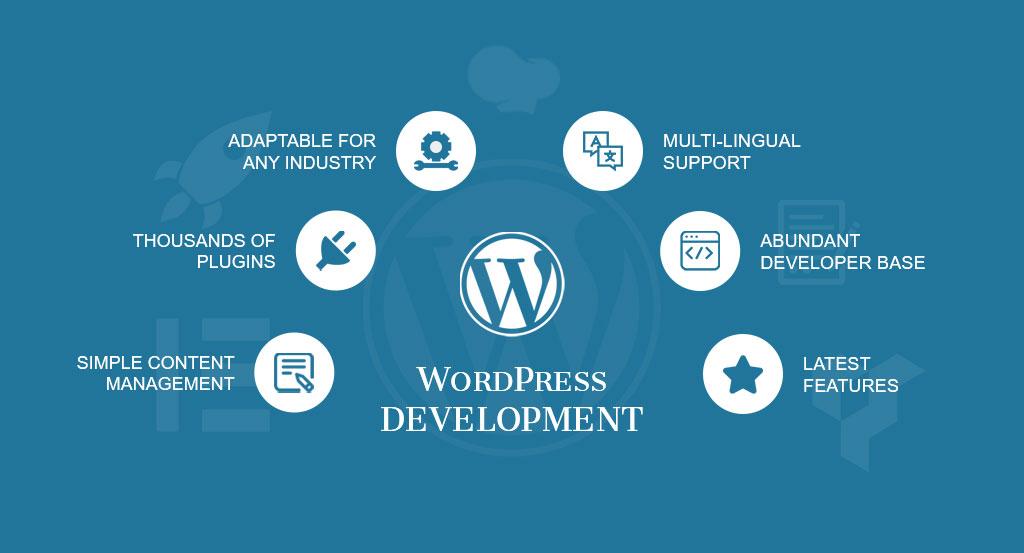Supercharge Your Website: A Comprehensive Guide to WordPress Speed Optimization

In the digital age, speed matters. A sluggish website can drive visitors away faster than you can say “loading.” In today’s fast-paced online environment, optimizing your WordPress site for speed is not just a luxury—it’s a necessity. In this guide, we’ll walk you through the essential steps to supercharge your website’s performance and deliver lightning-fast experiences to your visitors.
Why Does Speed Matter?
Before we dive into the details, let’s understand why website speed is so critical:
- User Experience: Visitors expect fast-loading pages. A slow site frustrates users, resulting in high bounce rates and lost conversions.
- SEO Ranking: Search engines, like Google, consider page speed when ranking websites. A faster site can lead to higher search engine rankings.
- Mobile Friendliness: Mobile users are especially sensitive to slow websites. Optimizing for speed improves mobile usability.
- Cost Savings: Faster websites use fewer server resources, which can lead to cost savings, especially for high-traffic sites.
Now that we know why speed matters, let’s get into the details of how to optimize your WordPress site for speed.
1. Choose a Reliable Hosting Provider
Your hosting provider plays a significant role in website speed. Opt for a reputable hosting company that offers fast servers and excellent uptime. Consider managed WordPress hosting for even better performance.
2. Optimize Images
Images are often the largest files on a web page. To optimize them:
- Use appropriate image formats (JPEG for photographs, PNG for graphics).
- Compress images using tools like ImageOptim or plugins like WP Smush.
- Specify image dimensions in HTML to avoid reflows.
3. Use a Lightweight Theme
Choose a minimalistic, well-coded theme. Avoid themes packed with unnecessary features and heavy scripts. Lightweight themes load faster and are easier to customize for speed.
4. Implement Caching
Caching stores a copy of your web page so that it can be delivered more quickly when requested. Use a caching plugin like W3 Total Cache or WP Super Cache to enable browser caching, page caching, and object caching.
5. Minify CSS and JavaScript
Minification reduces the size of your CSS and JavaScript files by removing unnecessary spaces and characters. Use plugins like Autoptimize or WP Rocket to automatically minify and combine these files.
6. Leverage Browser Caching
Enable browser caching to instruct visitors’ browsers to store static assets locally. This reduces the need to re-download assets on subsequent visits.
7. Enable GZIP Compression
GZIP compression reduces the size of your web pages, speeding up loading times. Most hosting providers support GZIP; you can enable it through your hosting dashboard or using a plugin.
8. Reduce Server Requests
Minimize the number of requests to your server by:
- Limiting external scripts and unnecessary plugins.
- Using asynchronous loading for non-essential scripts.
- Combining CSS and JavaScript files into single files.
9. Content Delivery Network (CDN)
A CDN distributes your website’s assets across multiple servers worldwide, reducing latency. Services like Cloudflare or StackPath are popular choices for WordPress sites.
10. Regular Updates and Maintenance
Keep your WordPress core, themes, and plugins up to date. Developers often release updates that include performance improvements and security fixes.
11. Monitor Your Website
Use tools like Google PageSpeed Insights, GTmetrix, or Pingdom to regularly test your website’s speed. These tools provide insights and recommendations for further optimization.
Conclusion
A blazing-fast website is not just a luxury; it’s a necessity for success in today’s digital landscape. By following the steps outlined in this guide, you can supercharge your WordPress website, providing an exceptional user experience, improving your search engine rankings, and ultimately achieving your online goals. Remember, website speed optimization is an ongoing process, so make it a regular part of your website maintenance routine. Your visitors will thank you with increased engagement and conversions.



